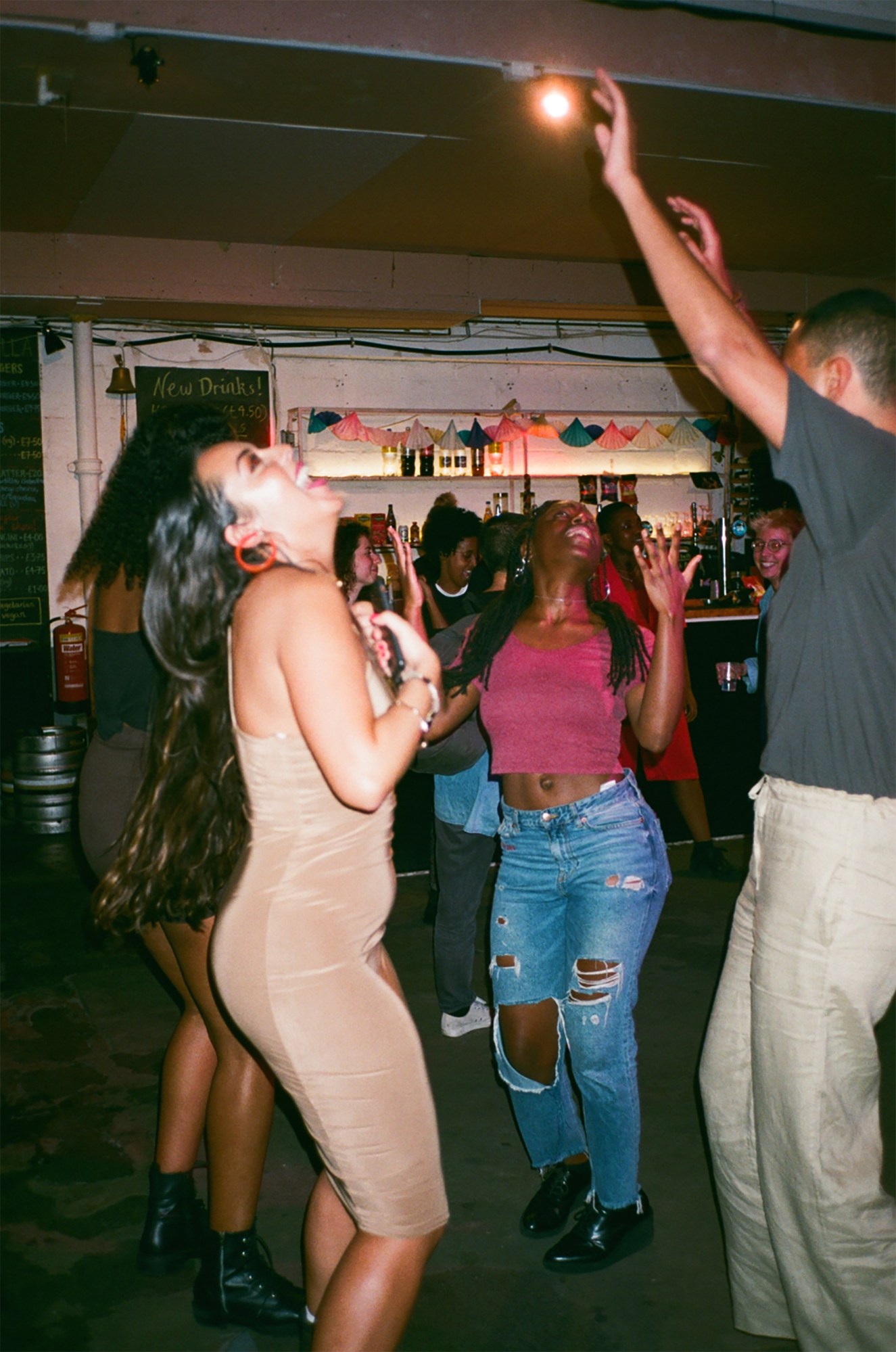Aisha Mirza is a writer, DJ, counsellor and creator of MISERY — a sober club night and mental health hub for queer, transgender, intersex and non-binary Black people and people of colour (QTIBPOC).
The last few years have seen the queer landscape in London and other parts of the UK transformed by collectives and party-throwers such as Pxssy Palace, BBZ, Hungama and many more. They have held space for bodies that are othered — for not being straight, not being white — spaces in which we can chat, dance and act like fools together, shielded, just for a moment, from an imperial gaze. Curating public shared space for people of marginalised communities in an era of rabid privatisation of social services is life-saving work.
This year, some awkward peers and I joined forces to try and build on this work, bringing together our skills as organisers, nightlife lovers and mental health nerds, with our experiences of addiction, sobriety, neurodivergence, psychiatric wards and routinely not being the hottest person in the room. We wanted to create something structural that could support the mental health of our community, because the thing is, life shielded from white supremacy, though joyful, still feels its impact. That’s to say, now that we have demanded and are normalising this gift of spaces that centre queerness, transness and Blackness, now that we can lean back and bask in the torsos glittering like galaxies, revel in the joy that we have found each other on these English soils; we are left with the reality that this is not quite utopia either, that many of us are frequently miserable.
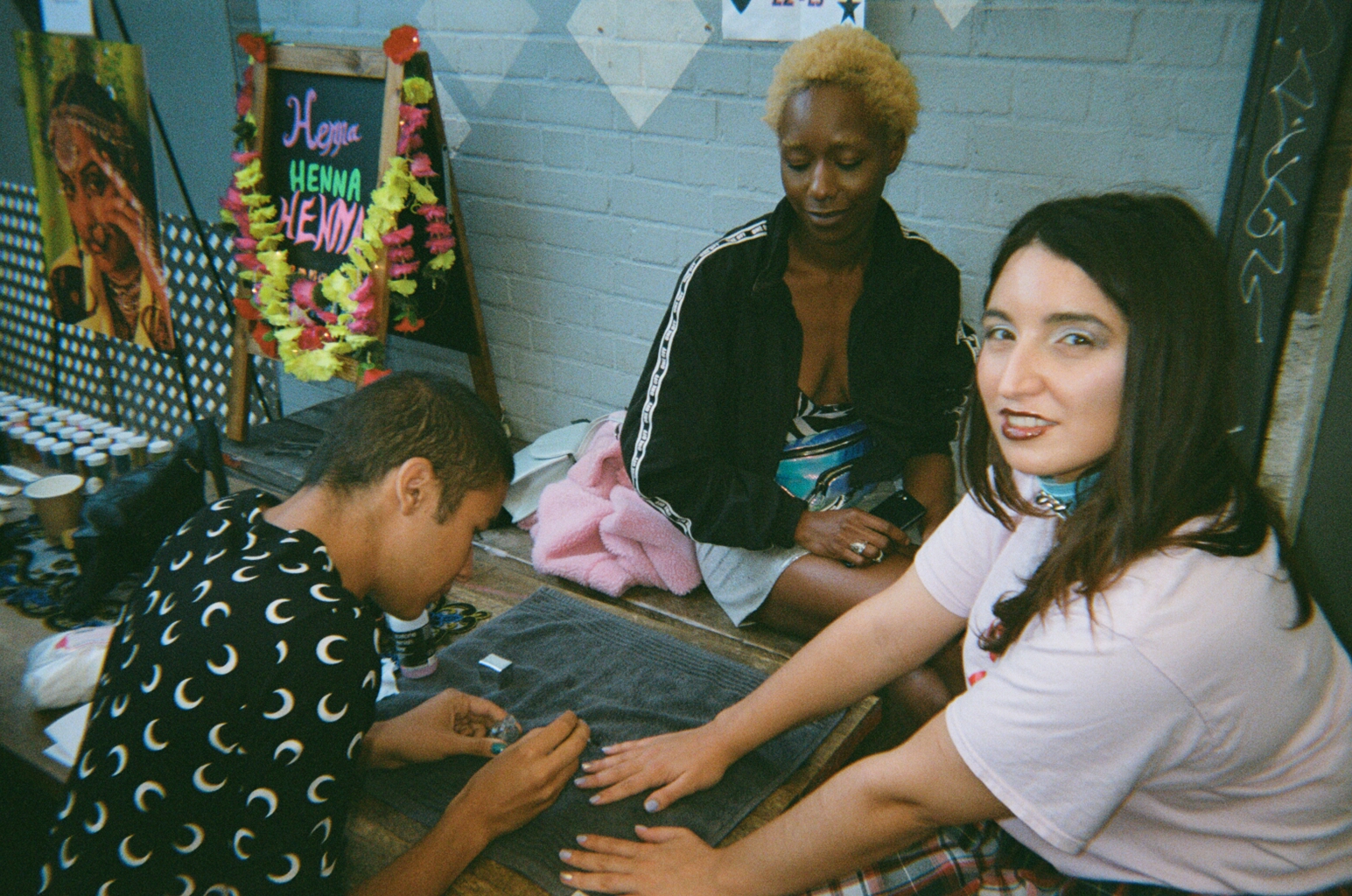
Through MISERY, we are trying to make structural, non-judgmental healing accessible for QTIBPOC who fancy doing that kind of work. We run sober club nights with the help of MISERY resident DJs GIN (founder of Resis’dance and Nite Dykes) and Basmati (resident at Pxssy Palace). At our parties you can expect healing movement workshops, massage, facilitated art and tactile play corners, quiet areas for those who want a breather, vegan South Asian food by our chef, Rajiv Bera aka Queer Masala, performances, genderless nail bars, signposting for local mental health resources and a good amount of grinding. As we grow, we’re curating more events outside of a nightlife context, but still providing therapeutic experiences based on ancestral modes of healing such as foraging herb walks, twerkshops, and cooking classes — “What to eat when you’re too depressed to move”, for example.
It’s not that we set out to do a strictly sober vibe, but the more we thought about it, the clearer it became that if we were trying to make some kind of real mental health intervention, we’d need people to be present for it. The reality of trying to run a sober rave in an accessible venue in London on a Friday or Saturday night is that you will be laughed at. Nightlife and venues are completely beholden to alcohol sales, hence the lack of sober spaces readily available. Sober spaces aren’t just a health asset, but an anti-capitalist one too, which, call me dated or whatever, feels important.
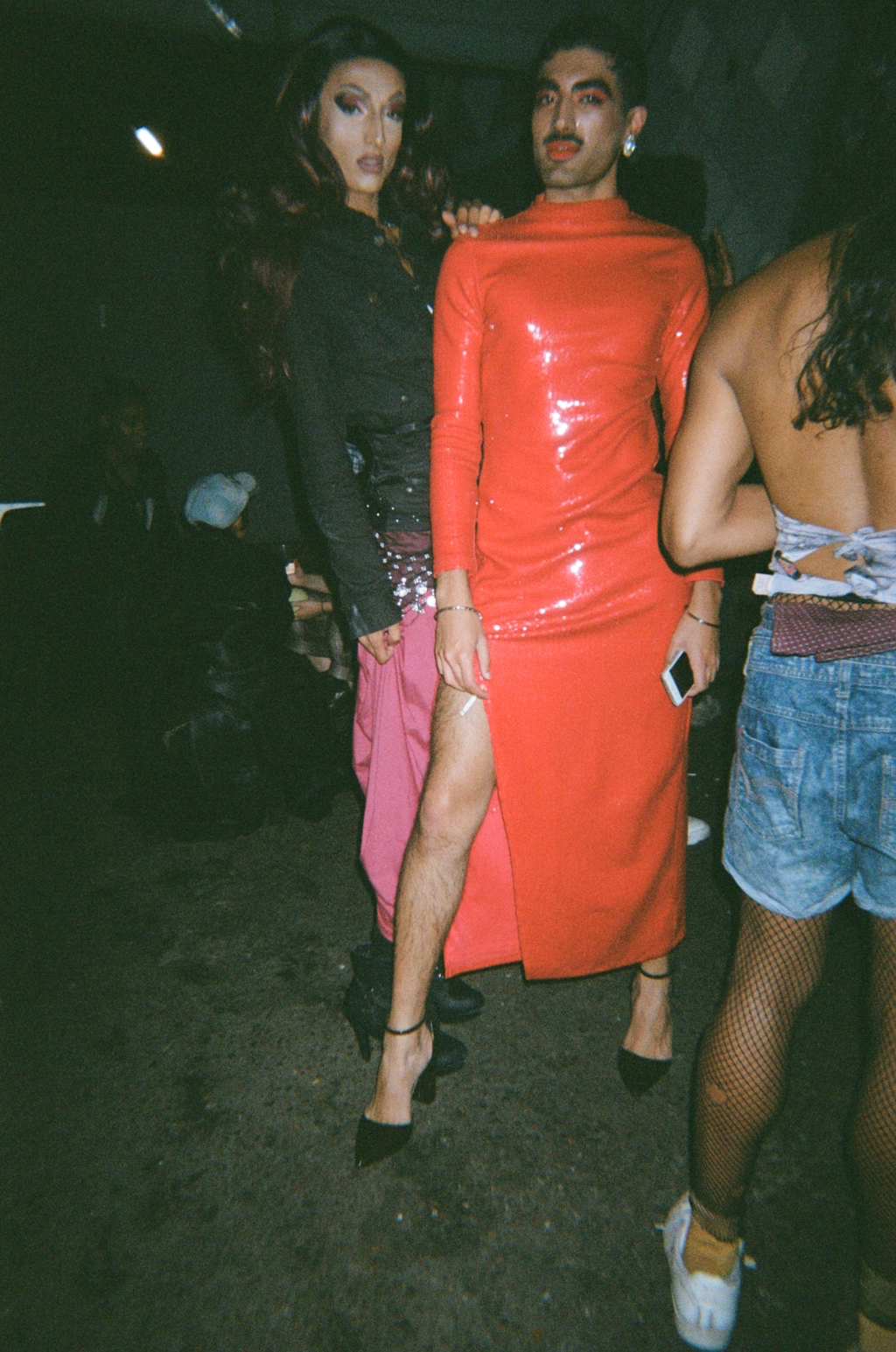
There is a bunch of research confirming what we know, that problematic substance use is much higher in LGBTQ communities compared to other demographics. We’re living on a melting planet and sharing memes about wanting to die for sport — it’s a hard time for everyone — and harder still for those of us that are different, for whom society was not designed to accommodate, let alone nurture. Harder still for QTIBPOC, who may experience even further despair, isolation and oppression within our often white-dominated LGBTQ umbrella minority groups. For many of us, moments of freedom are often facilitated by a kind of dissociation and self-medication that can only be provided by alcohol and other drugs. We deserve some other options too.
We’ve built MISERY as a non-judgmental space. We do not police anyone’s relationship to substances or what they do before or after our events. Everyone is welcome, whatever their relationship to substance use and sobriety. We understand people’s trepidations about sober spaces. Sober rhetoric has historically been chock-full of judgment, moralism, unhelpful and unrealistic goal setting, and inherently shaming language peppered with terms like “getting clean” or the idea that you can “love yourself” out of potentially destructive patterns.
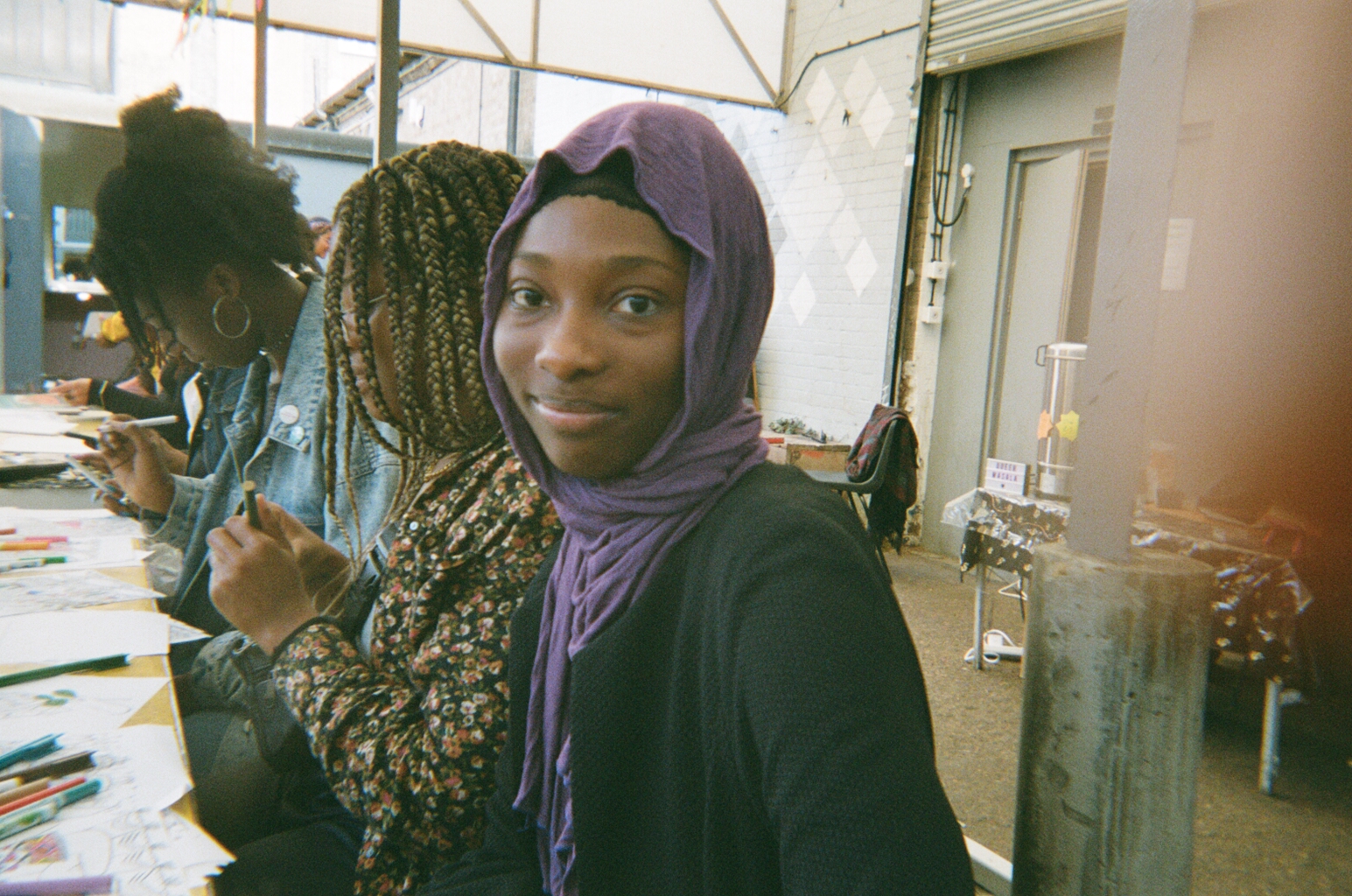
We’re careful not to replicate any of these sometimes well-meaning but ultimately damaging frameworks and are looking instead to use our understanding of radical mental health practices which centre harm reduction and the voices of people in need, to create opportunities for queers to have fun in alcohol-free spaces. MISERY is for friends actively struggling with mental health and/or substance use issues, for people who are curious about their relationship to intoxication and wellness, and for folks who want to have a good time.
There is pressure on everyone, but particularly people of colour, queer people, marginalised people, to be “happy” and “strong” and “fierce” and “hot” and “inspirational”. Too often, we only hear accounts from people who have been miserable once they have found their way out the other side, as though sadness can only be tolerated in hindsight. No one wants to be sad all the time, but MISERY is an invitation to come as you are, to talk and heal collectively, to be sad or quiet in public, to celebrate, and to give gratitude for those before us and around us who have not had that option.
Find out more at @miseryparty
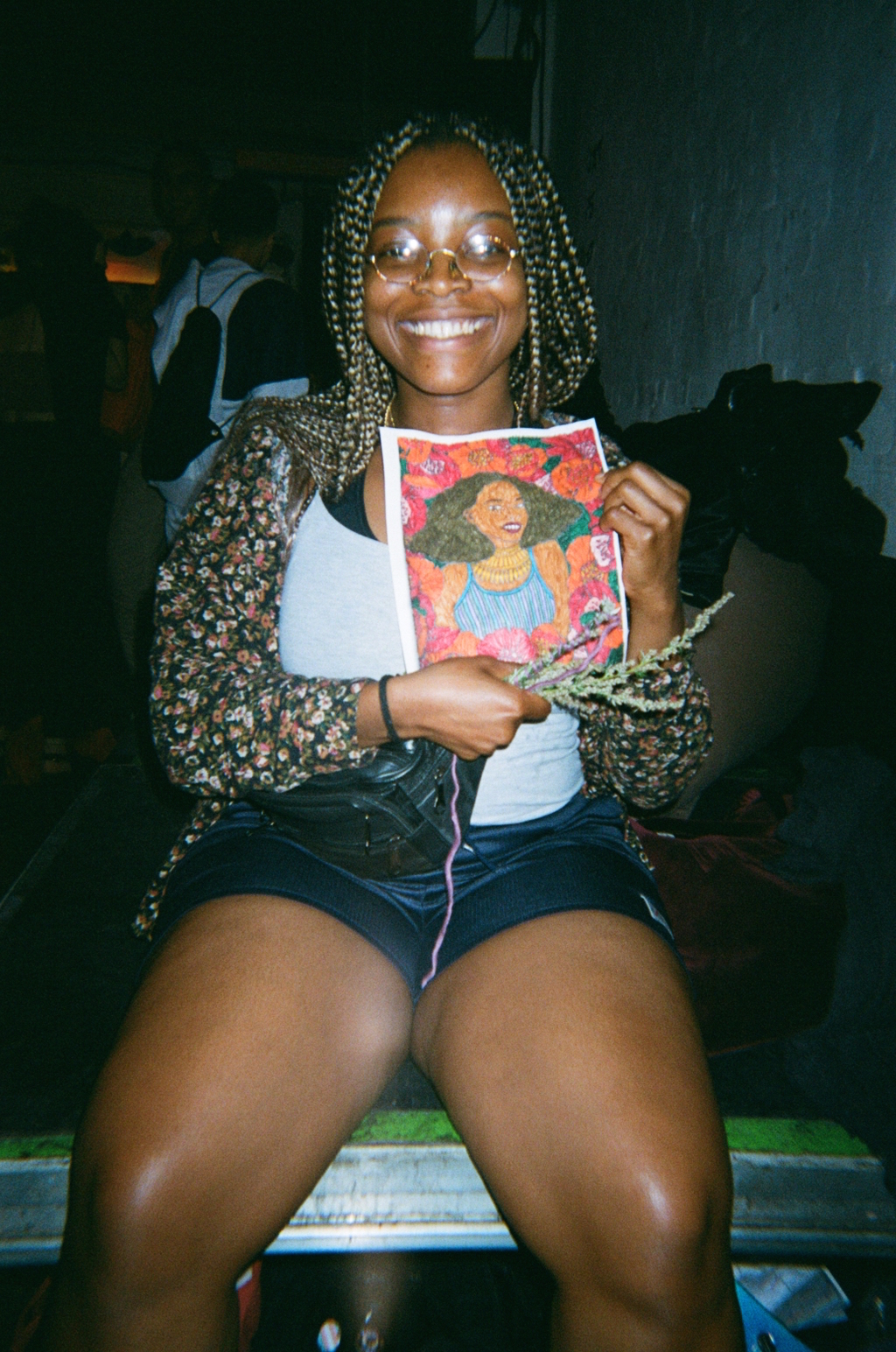
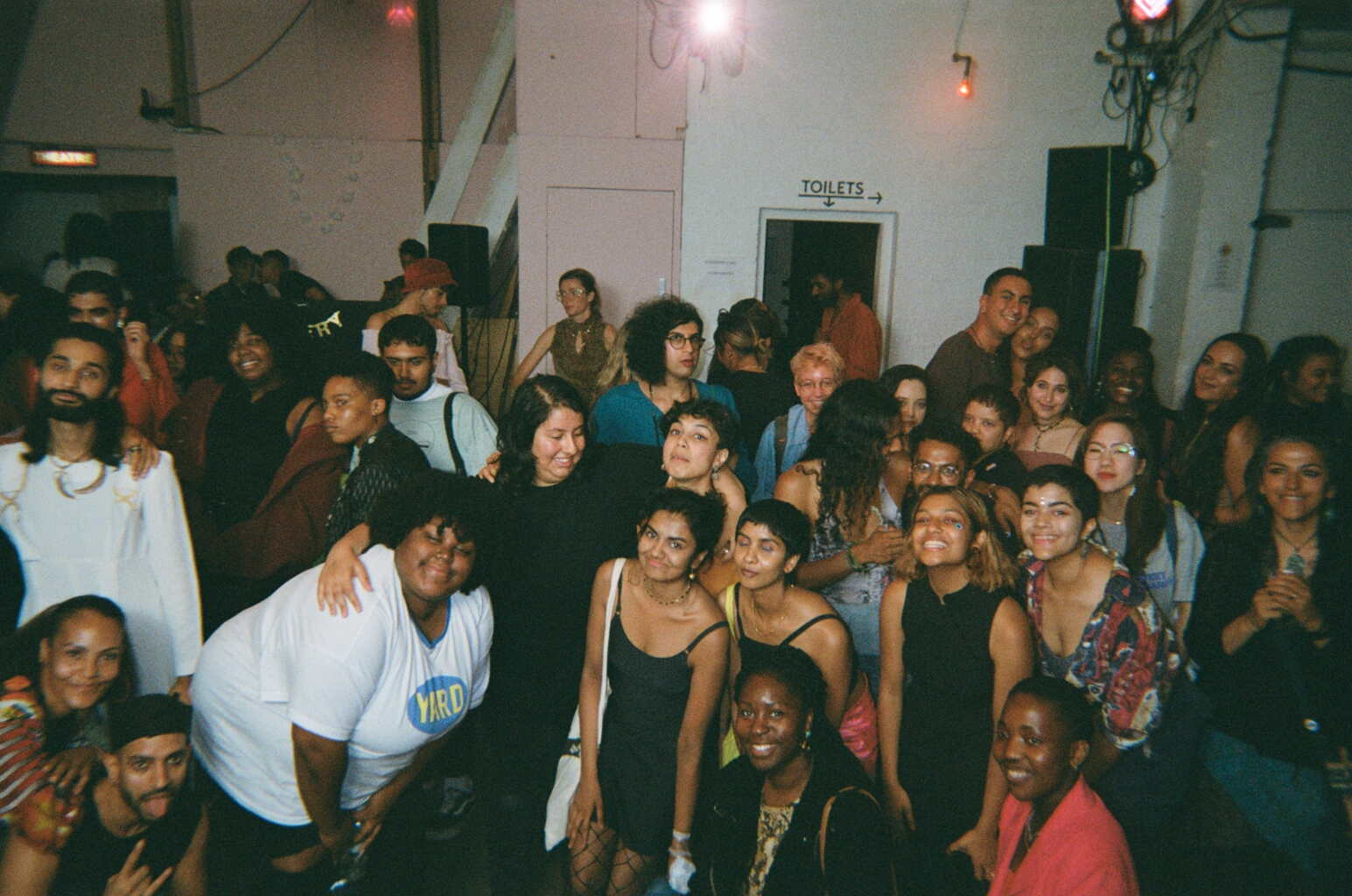
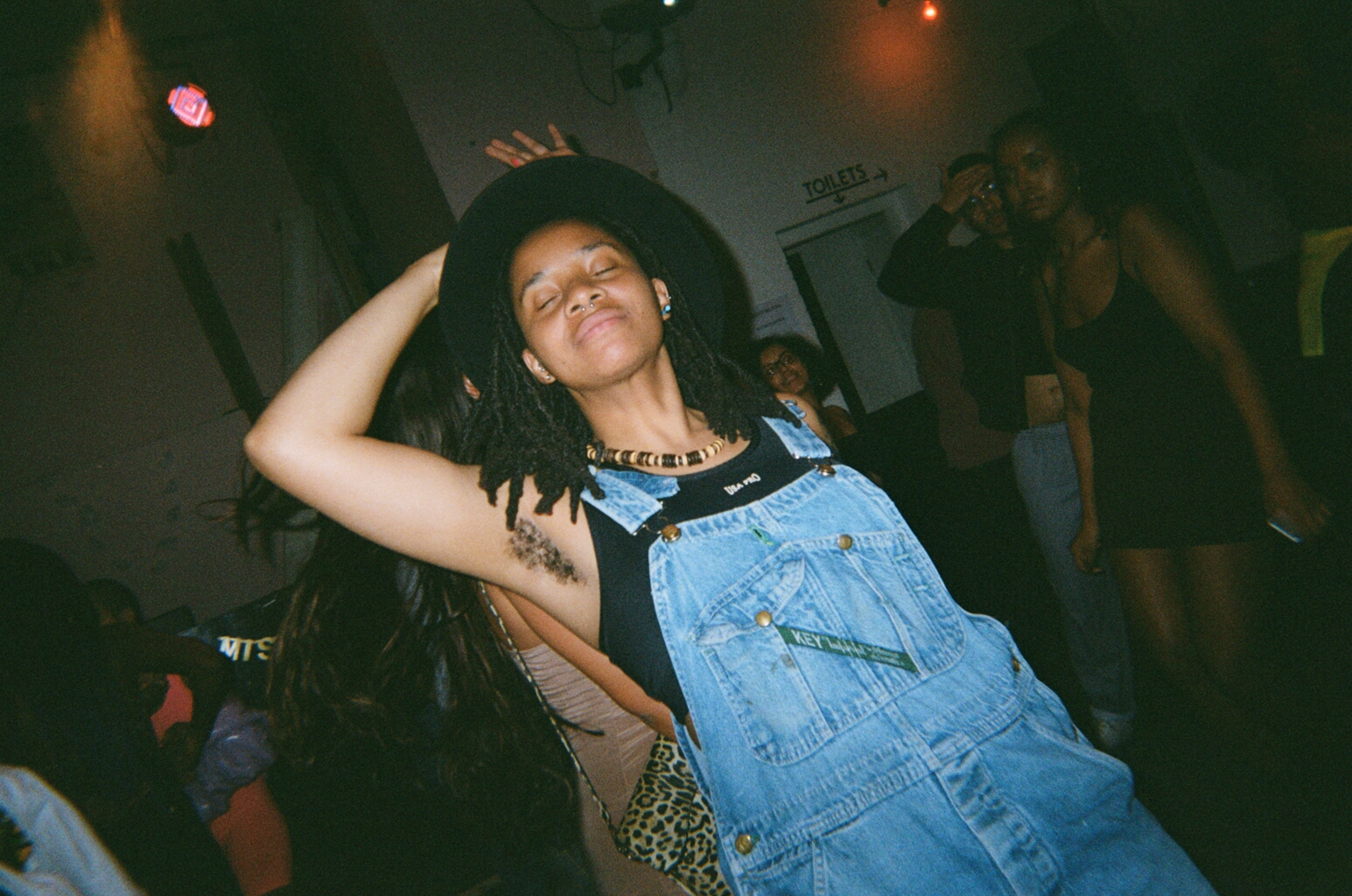
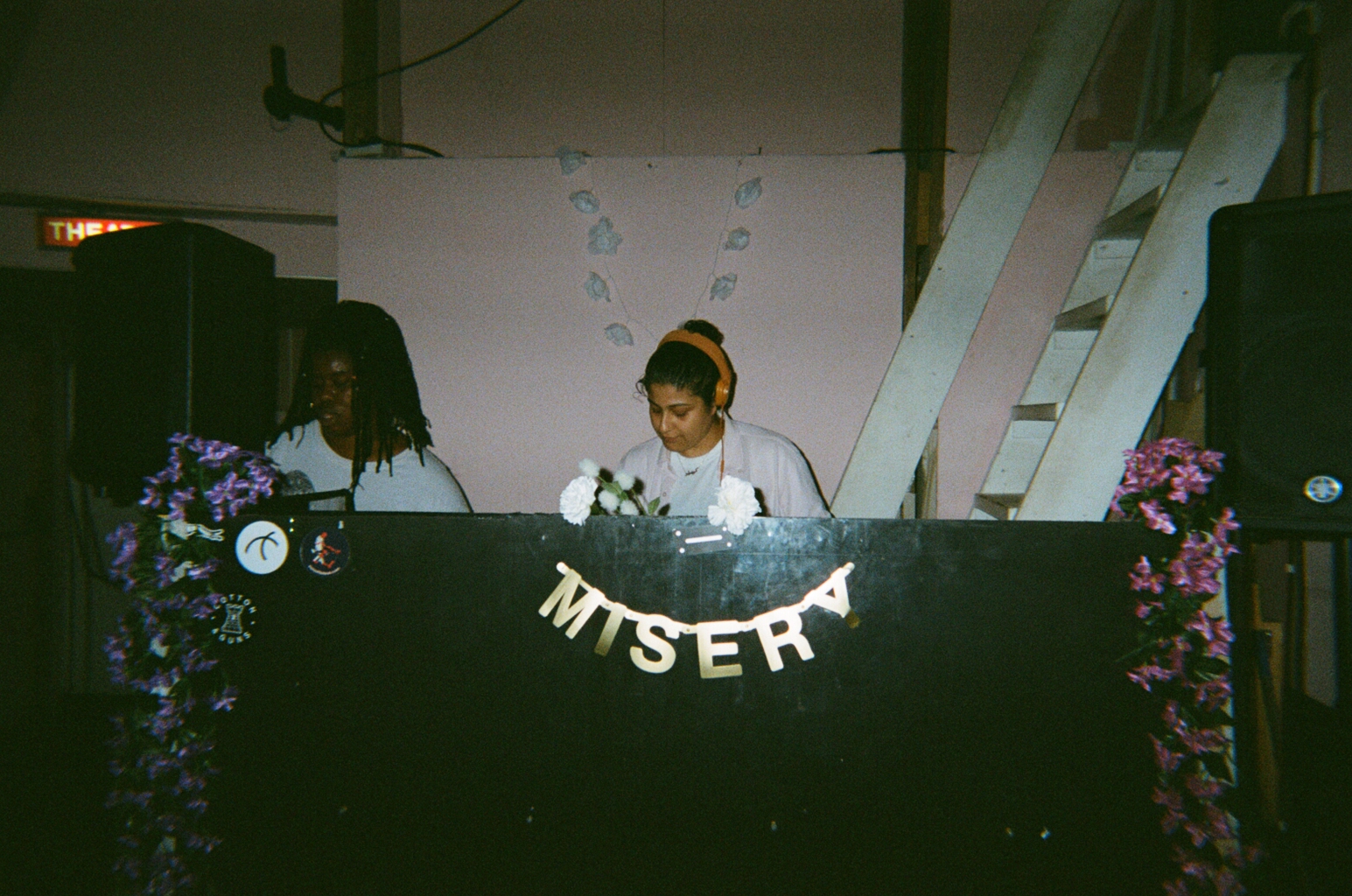
Credits
Photography Ella J Frost
